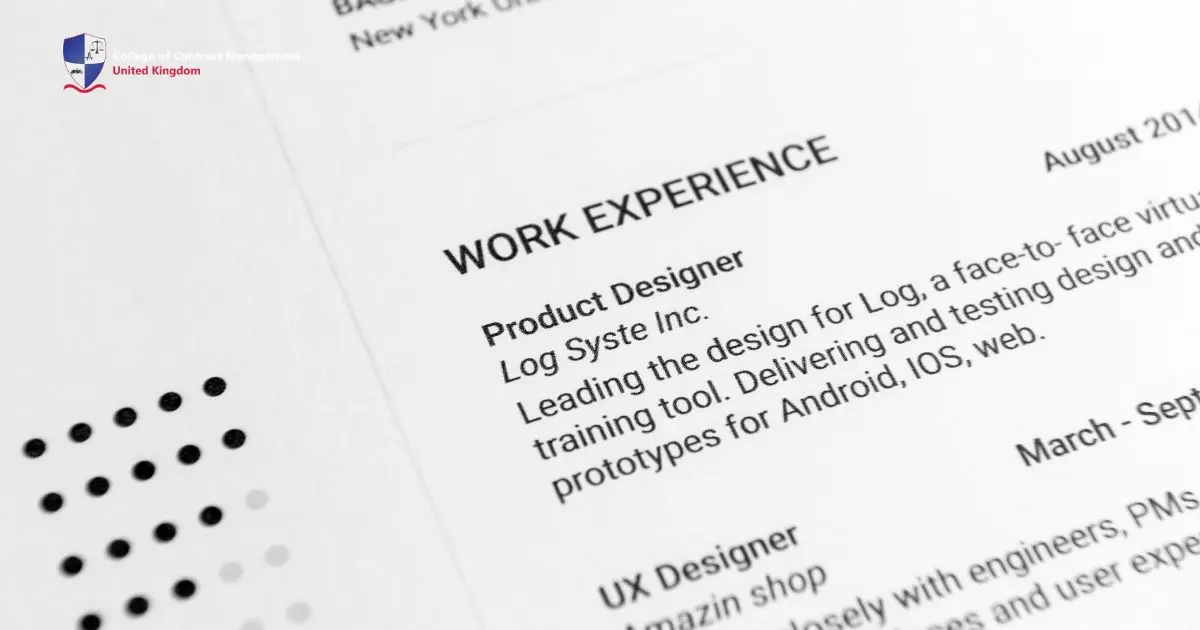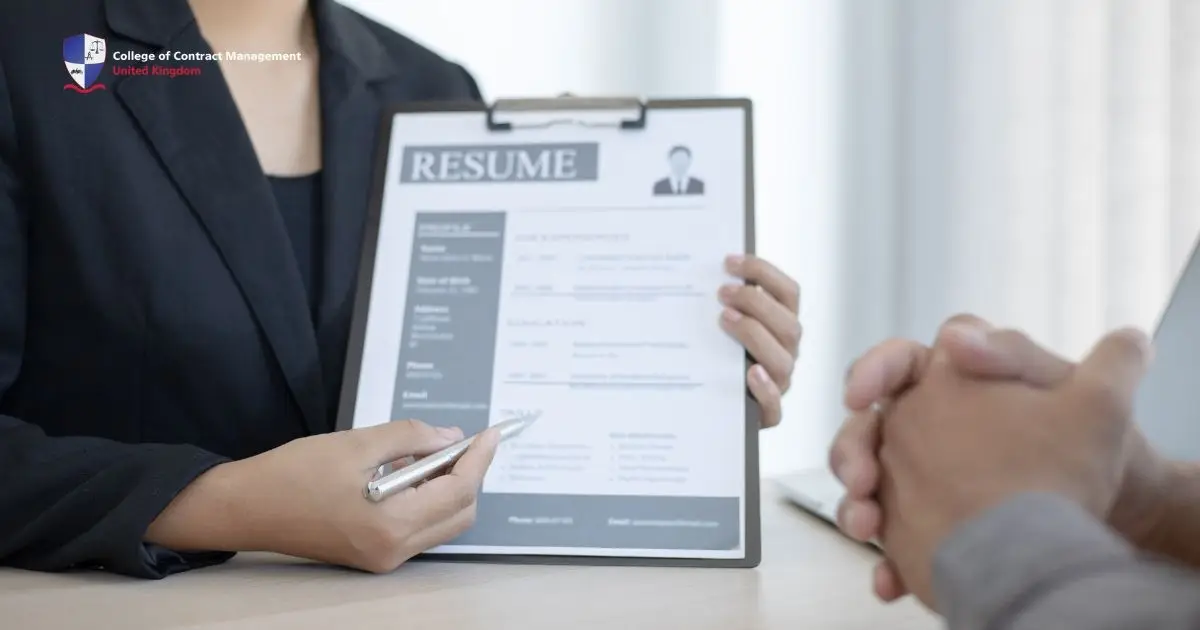Career switching is a natural phenomenon in the job aspect nowadays. Some choose to completely leave their comfort zones to try their luck in new professions. If you are one of them, transferrable skills are how you can enter new positions confidently. Such abilities will do a lot of wonders for your new career.
This article is diving into the subject for two primary reasons. The first one is to show how transferrable skills will help you get a higher salary even if you are technically a newcomer. The second reason is to explain the seven most-used competencies that are applicable for whatever job types in the market.
What are transferrable skills?
Transferrable skills are the capabilities that you have acquired through experience, which you can then use for several jobs and industries. Given this nature, the competencies have another name, which is portable skills. The abilities are especially important when you hope to leave your old role to the new one. From one perspective, the decision is good for your personal growth.
Yet, it offers one downside. You may feel like you started from zero, and as a result, you may earn a lower salary than you did in the previous role. Transferrable skills can help you with that. You can highlight successful business cases in your resume thanks to your competencies.
How transferrable skills help you in your career
It takes such courage to completely change the direction of your overall career world. There are common reasons for this. Some need new challenges that will push them to learn and adapt in many ways. The other reason is the long-term prospects of the new role in terms of salary and longevity of the company.
Transferrable skills can add to your chance of landing the new dream job at a better salary. Don’t underestimate your success when working with your past teams to win a multimillion-dollar project because this may polish your resume. Have a look at the details below to get an idea of how the competencies can make a huge difference.
Reflecting high professionalism
One of the transferrable skills for this point is time management. Professionalism deals a lot with deadlines. Regardless of the project size, the deadline is the deadline, which means you still have to meet it. You can highlight how you complete all projects, especially the tough ones, on time. This shows your professionalism, which will impress future employers.
Showcasing problem-solving attitude
At the end of the day, employers will see your proficiency in solving work-related matters. Your problem-solving mindset will take you further in your new roles regardless of the job type. This perception lays the solid ground for directing your eyes to take the solutions. To arrive at this level, you need to develop analysis skills over time.
Depicting flexibility and a pleasing personality
Any employer will prefer to hire candidates who can work well individually or as part of a team. To become better at both, you can mention some transferrable skills that allow you and your past groups to solve conflicts or handle difficult clients. Such cases can highlight how you are an adaptable and reliable person during tough times.
Seven transferrable skills to shine your resume
As the above heading implies, some transferrable skills will add to your chances to start in the new position with some advantages. In addition to a higher salary than entry-level staff, the capabilities can quicken your performance at work. In short, you are not a newbie at all.
You wouldn’t be able to juggle multiple tasks at the same time if you didn’t apply some transferrable skills below. The same goes for working around the clock for former big projects. Another case is revising works several times to satisfy certain clients in the past. So, without further ado, below are the capabilities that you can highlight for future hiring managers.
1. Communication
The first among these lists of transferrable skills is communication, which encompasses written and oral ones. The ability to express any ideas is such a great plus point. You can convey messages efficiently, including to external parties, so you can avoid misunderstandings. Written forms include emailing and business letters. Meanwhile, oral one refers to face-to-face communication in all formats, from formal meetings to casual dialogue.
2. Organisation
Organisation is one of the transferrable skills that leads to good time-management competency. A well-organised person is someone who knows how to handle the most precious asset, which is time. They can allocate time according to its proper use. When it comes to working, they optimise any given hour to do their best. Their sense of priority comes to the effect.
3. Teamwork
Teamwork speaks volumes about your actual personality. Whether or not your role involves a large group of people, teamwork is always necessary for any company to succeed. This is one of the transferrable skills that defines the whole quality of a certain project. Good teamwork will produce top-notch service quality because all members work their hardest thanks to the support from all.
4. Decision-making
Making a well-informed decision is not an easy task. At your new job, the competency needs time to fully develop. Decision-making is one of the transferrable skills that requires a comprehensive study of certain work issues. If you are already familiar with this in your past position, you will find it quicker to apply at the new place.
5. Creativity
Creativity is one of the transferrable skills that are not limited to creative industry jobs, such as writing and designing. The capability means coming up with various ideas to overcome problems. For example, the deadline is tomorrow, but one of your team members is sick. As a team leader, you can take over the member’s duties. Or, you can divide the task with the other staff who already completed it.
6. Project Management
This proficiency adds more to your solid organisational skills. It reflects your competency in supervising project progress, analysing the result, handling clients, and mitigating risk. This should boost your chance of getting a new job because it may sum up your advanced interpersonal skills. The hiring managers can get a glimpse into your future contributions from this ability.
7. Adaptability
A big jump into a different job means you have to adapt significantly in terms of technical tasks and social settings. A good adaptability will make it easier for you to finish the duties and build strong relationships with your new office mates. As a result, you can cope with stress better and become more productive.
Enjoy the smooth work transition with CCM!
Transferrable skills seem ordinary, but when it comes to work life, some people may still get confused about how to use them. Experts at the College of Contract Management fully understand this gap in practice. As such, some courses address this issue, such as those in Personal Development and Leadership.
Besides the theory, the teachers will provide practises, including how to highlight them all in CV and resume. Efficient detailing about former projects or organisation roles is among the subjects that may be discussed in the courses. You are more than welcome to share your problems to “sell yourself” in transferrable skills.
Such competencies grow or diminish when not put into some exercises. Even if you are not eyeing new roles, transferrable skills remain necessary to support your professional life. Don’t hesitate to consult the coaches at the college to seek suggestions on how to improve the competencies. Always remember that you’ll never know what brighter roles wait for you in weeks or months. The thing is to get prepared well from now on.





